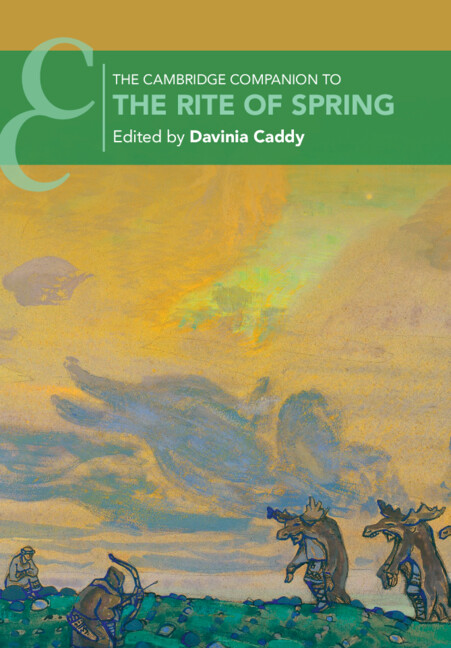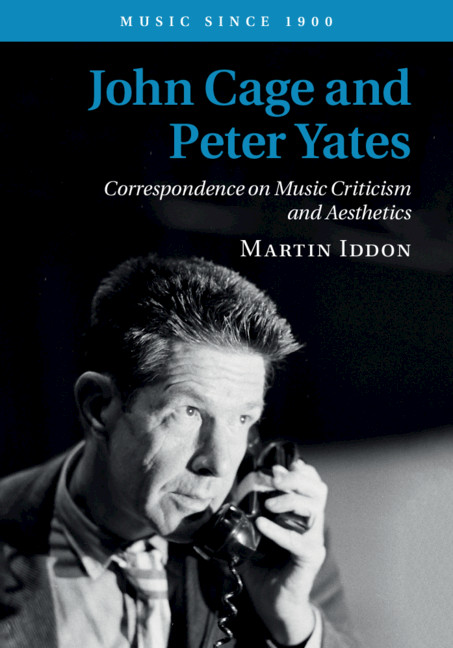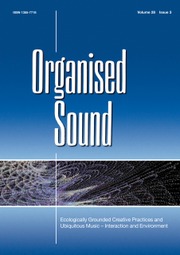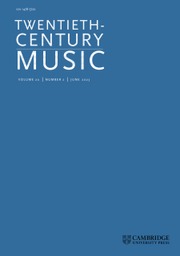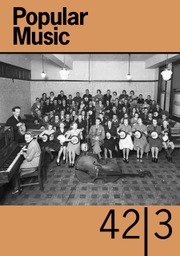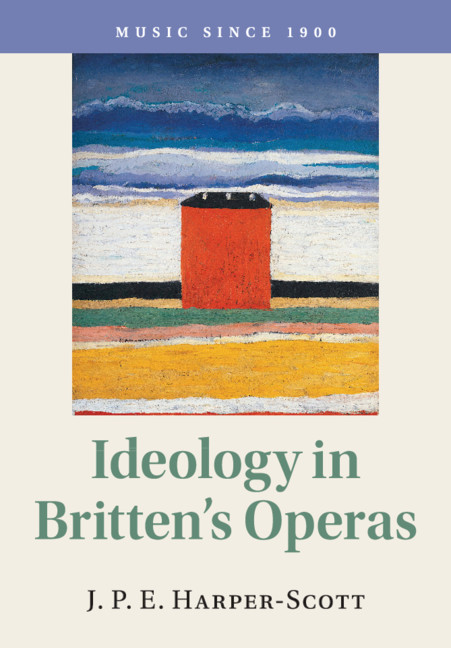The Quilting Points of Musical Modernism
Modernism is both a contested aesthetic category and a powerful political statement. Modernist music was condemned as degenerate by the Nazis and forcibly replaced by socialist realism under the Soviets. Sympathetic philosophers and critics have interpreted it as a vital intellectual defence against totalitarianism, yet some American critics consider it elitist, undemocratic and even unnatural. Drawing extensively on the philosophy of Heidegger and Badiou, Quilting Points proposes a new dialectical theory of faithful, reactive and obscure subjective responses to musical modernism, which embraces all the music of Western modernity. This systematic definition of musical modernism introduces readers to theory by Badiou, Žižek and Agamben. Basing his analyses on the music of William Walton, Harper-Scott explores connections between the revolutionary politics of the nineteenth and twentieth centuries and responses to the event of modernism in order to challenge accepted narratives of music history in the twentieth century.
- Proposes a new model for understanding musical modernism
- Applies contemporary philosophy to establish broad interpretative contexts for music
- Brings the capacity for music to challenge cultural and political presuppositions into clearer focus
Product details
October 2012Hardback
9780521765213
300 pages
253 × 180 × 22 mm
0.7kg
1 b/w illus. 25 tables 26 music examples
Available
Table of Contents
- Preface
- Part I. A Ruthless Criticism of Everything Existing:
- 1. Modernism as we know it, ideology, and the quilting point
- Part II. Relationship Problems:
- 2. Modernism, love, and truth
- 3. The love of Troilus and Cressida
- Part III. The Revolutionary Kernel of Reactionary Music:
- 4. Communist modernism
- 5. A new community
- Afterword: what to do?


